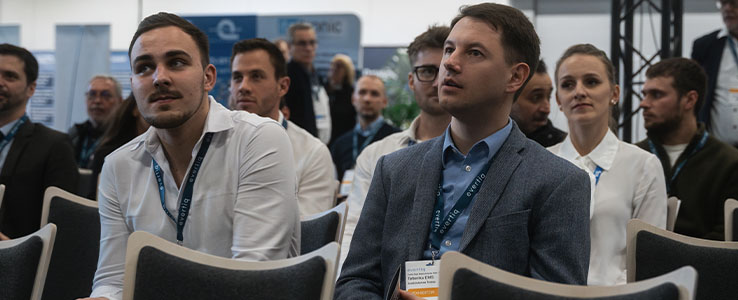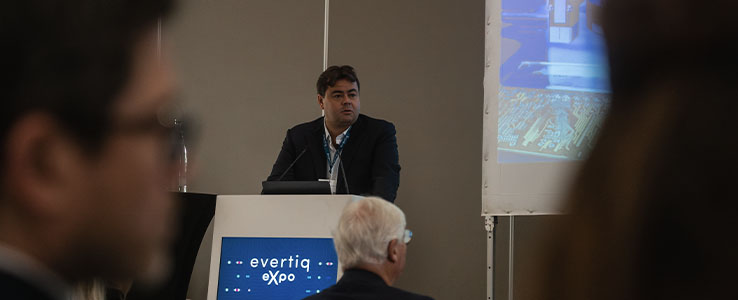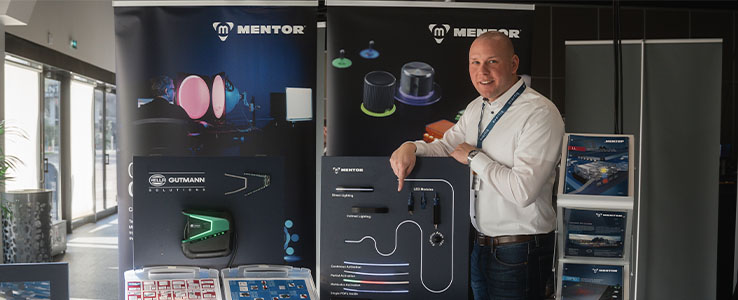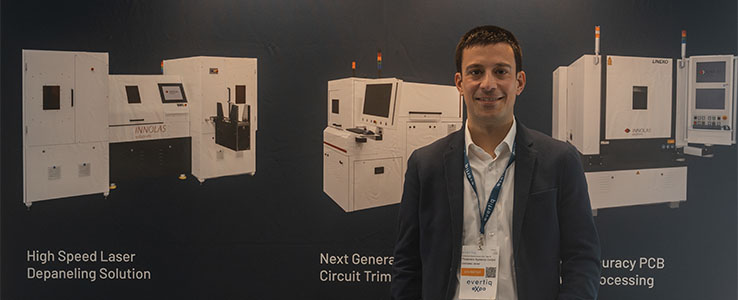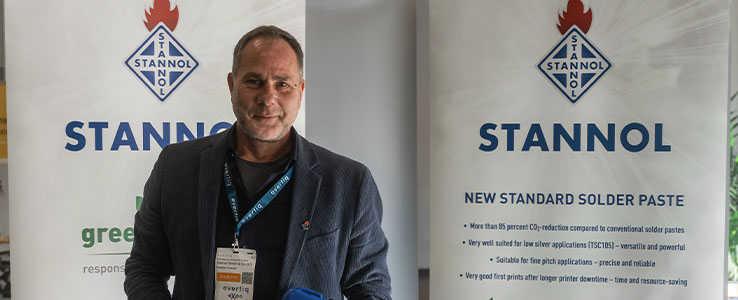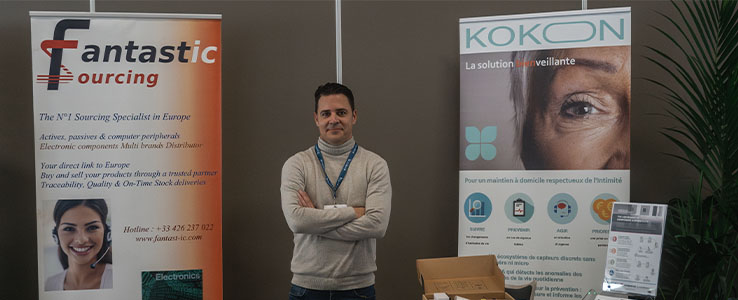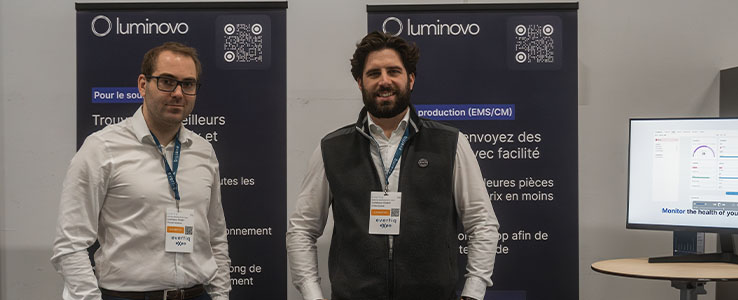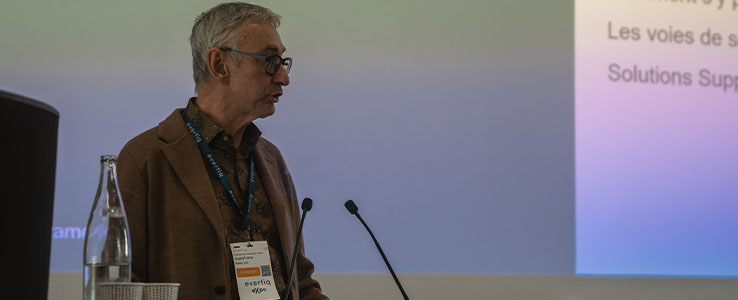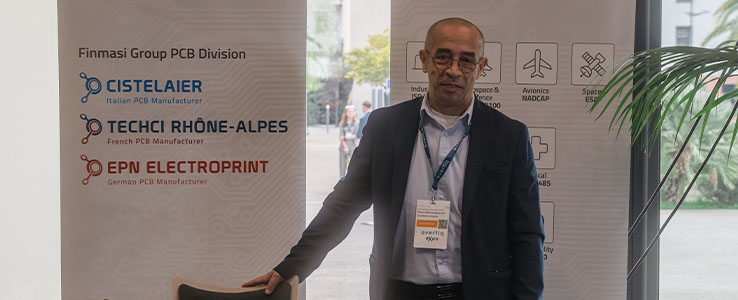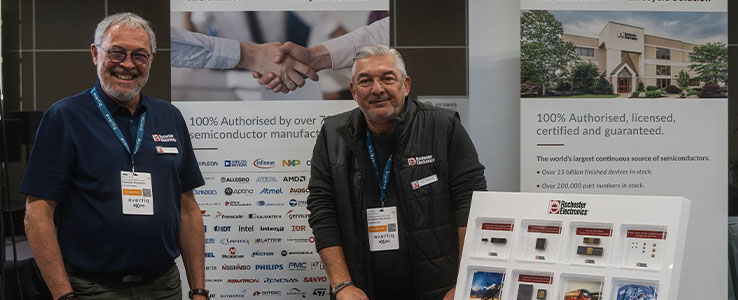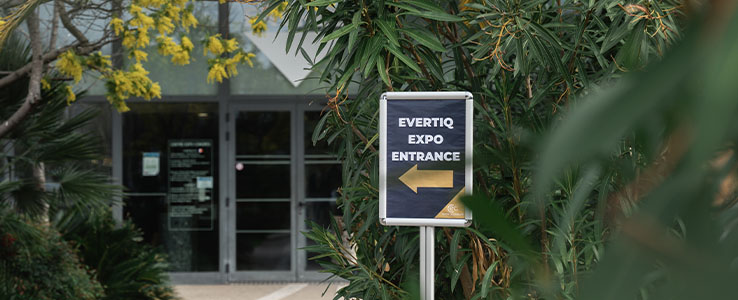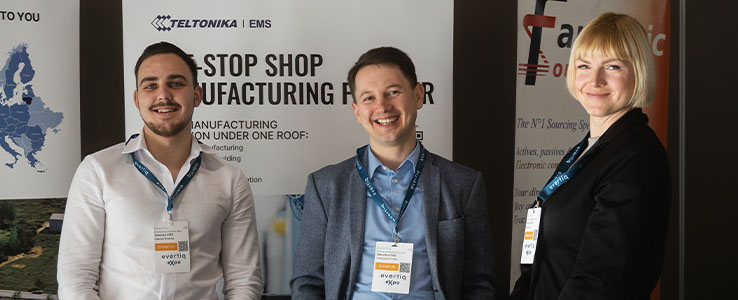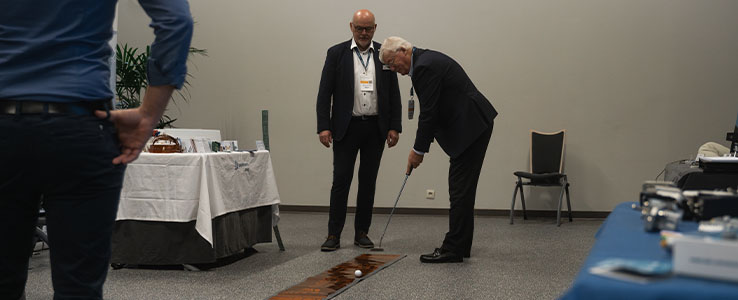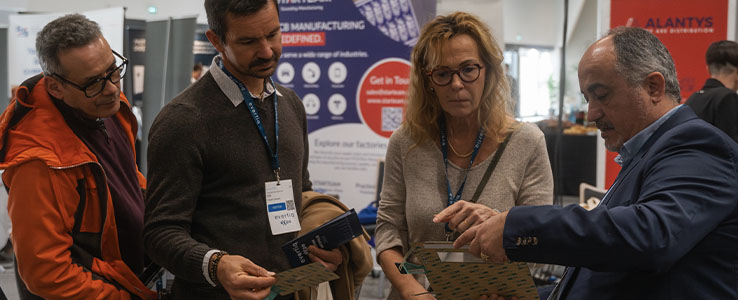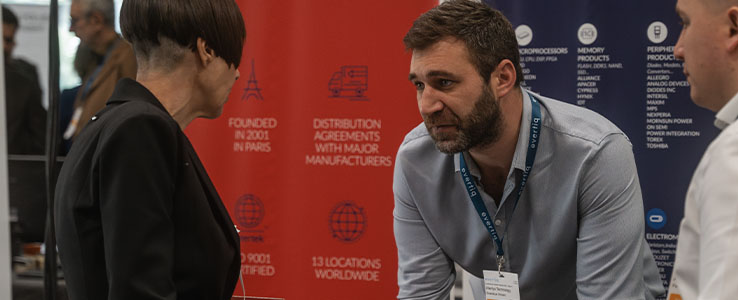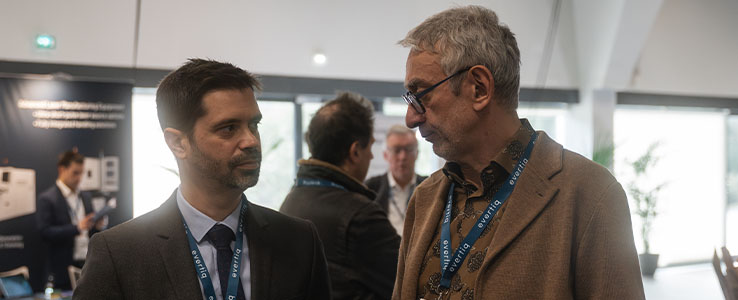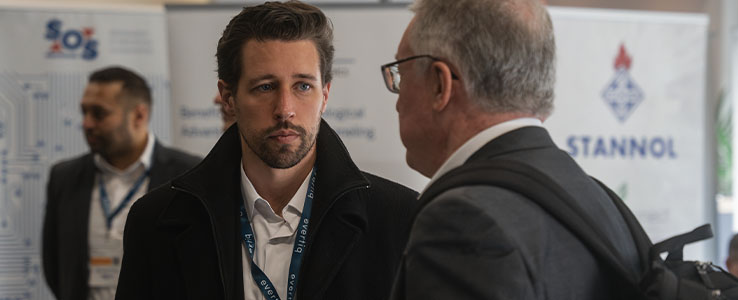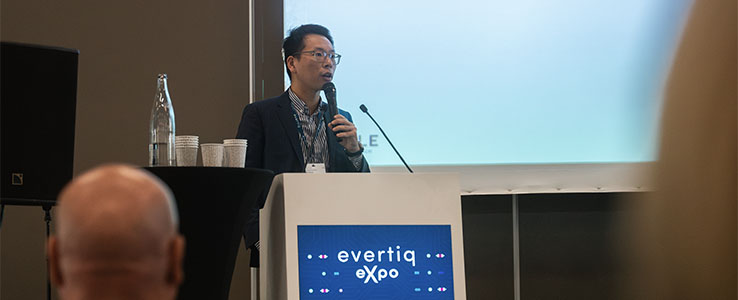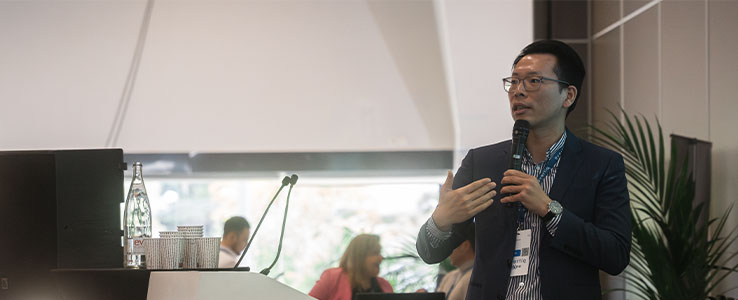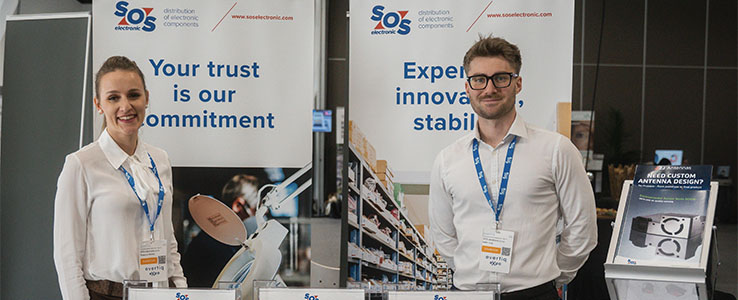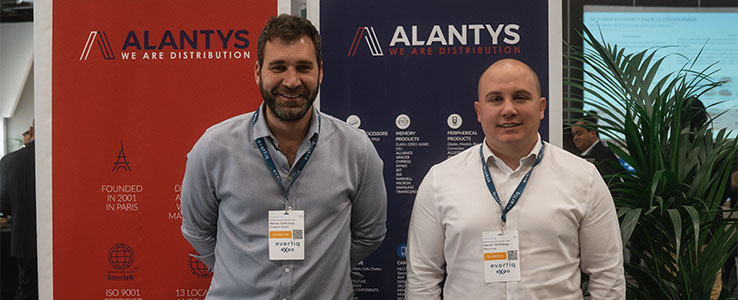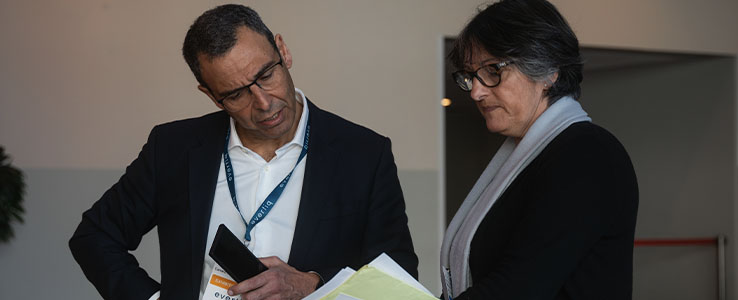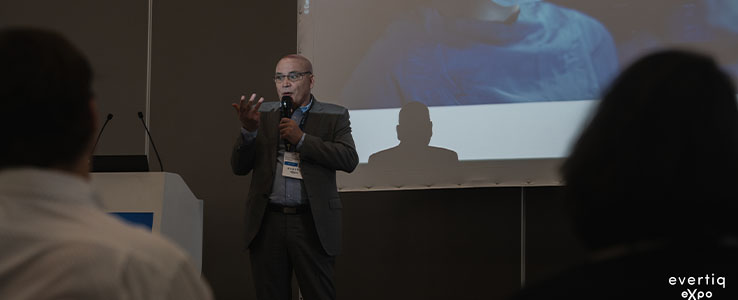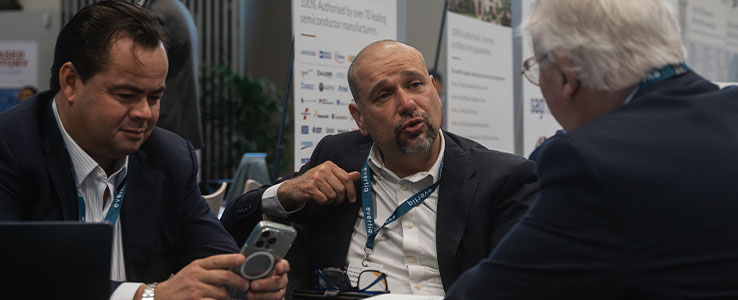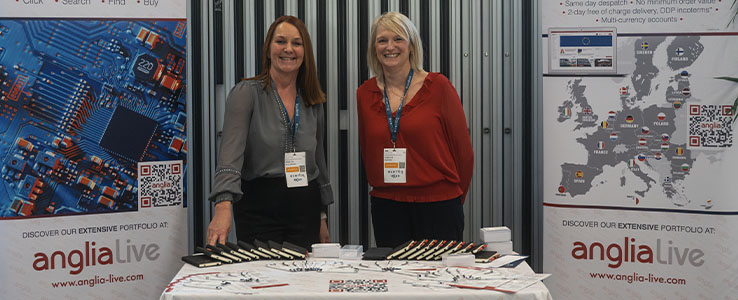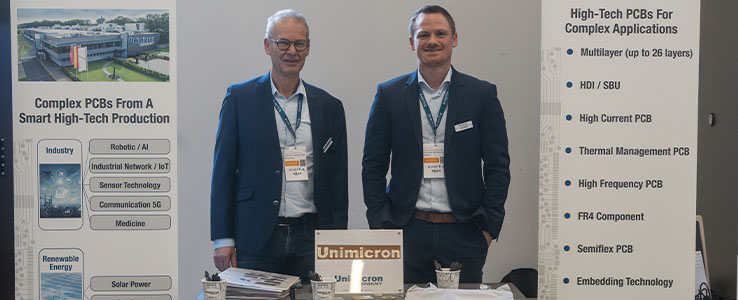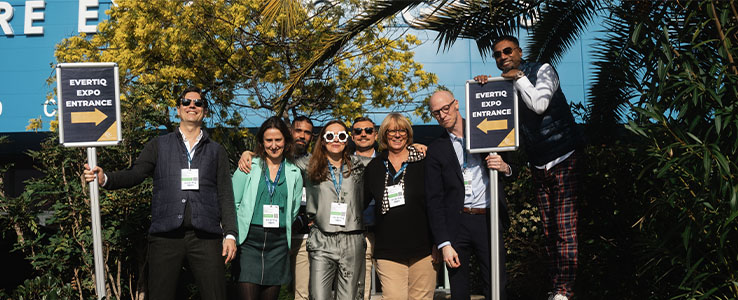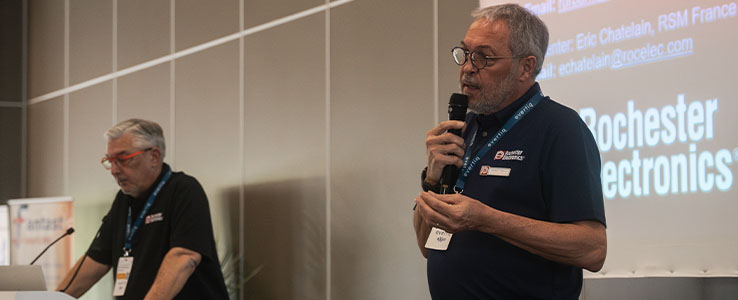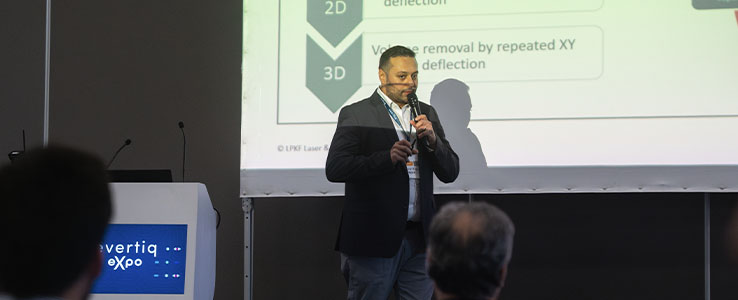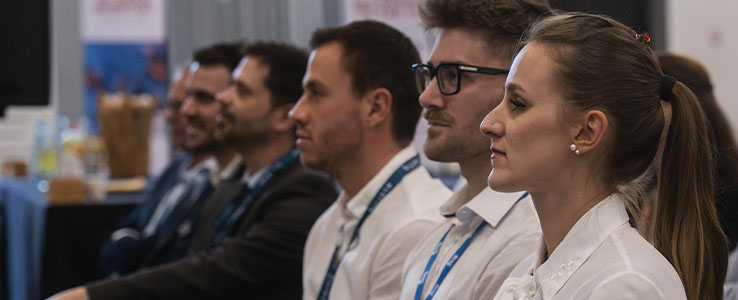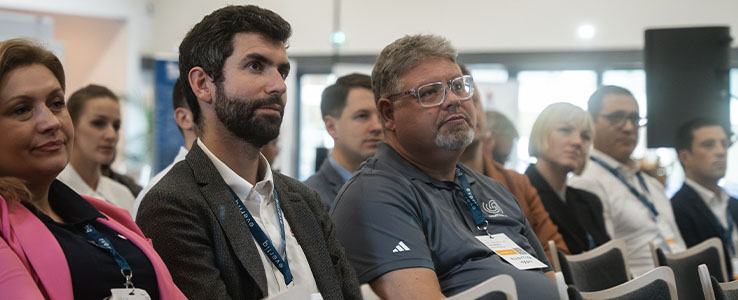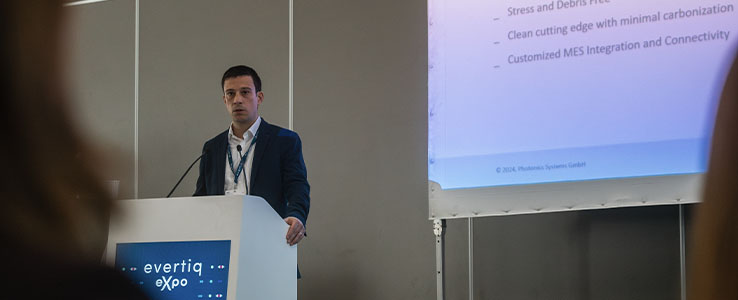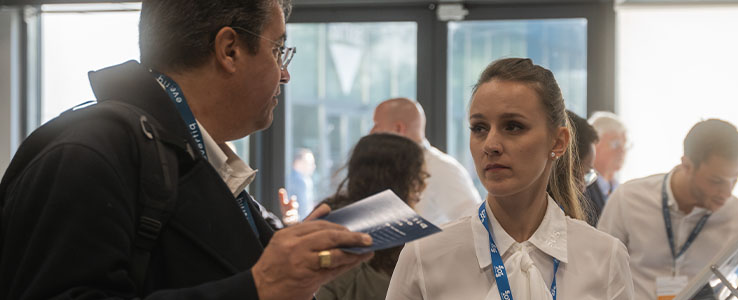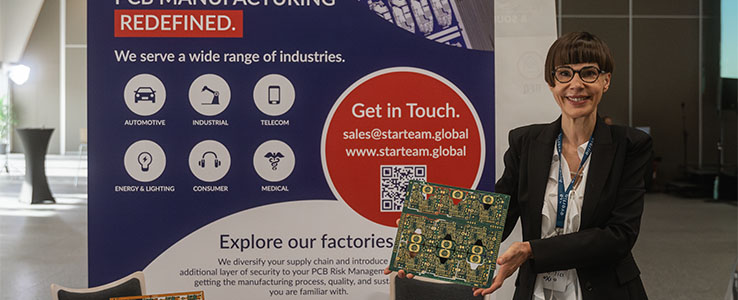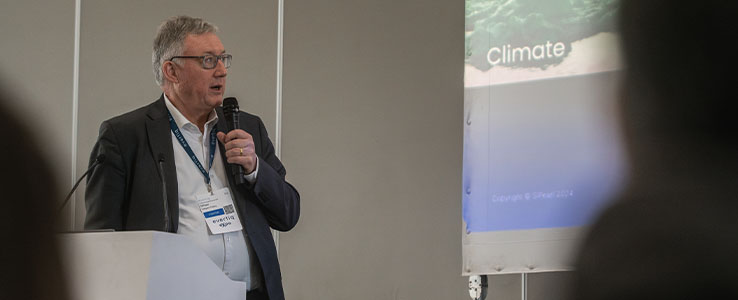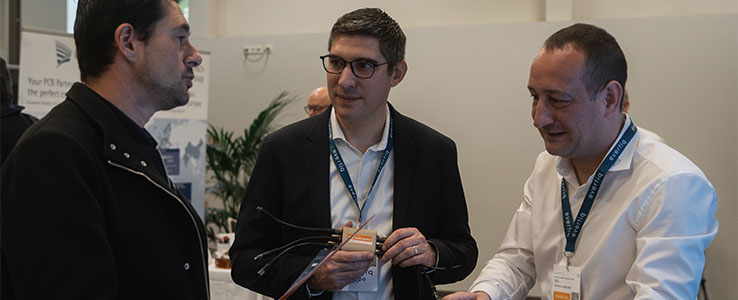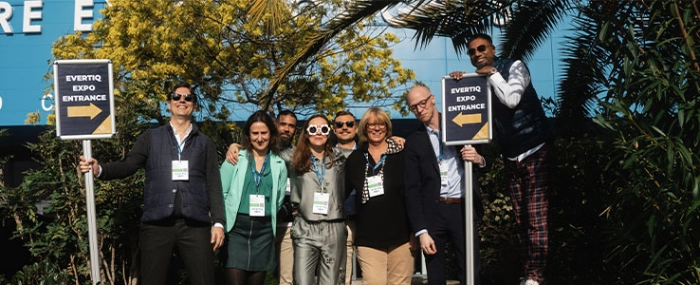
France's electronics evolution and sustainable future
There is currently a lot of movement within the European electronics industry, along with all its sectors, which were key talking points during Evertiq’s inaugural Expo in Sophia Antipolis, France on February 8, 2024.
France is not an exception to this development, which is evident by the “Electronique 2030” programme, part of the France 2030 investment plan, which aims to keep France in a leading position and address current and future challenges in electronics – from upstream research to applications.
Within its 2030 plan, the French government is looking to create 18,000 new jobs in the electronics sector by 2024. 10,000 additional people trained in electronics and robotics are also deemed as needed. Under the programme, France is investing EUR 5.4 billion to decrease its dependency on a handful of foreign giants – as well as doubling the country’s semiconductor production capacity.
Evertiq Expo highlights France's electronics evolution and sustainable future
This is the reason why Evertiq gathered 31 exhibiting companies for the first-ever Evertiq Expo on French soil, specifically in Sophia Antipolis. During the day a total of 109 participants filled the Mandelieu Congress Expo Center with discussion centred around market outlooks, supply chain challenges and how to navigate the future.
Highlights from the conference program included European Processor Initiative – Europe's homegrown processor, where Thierry Lelégard, Head of platform security at SiPearl & European Processor Initiative, showcased the region's commitment to technological innovation. Attendees gained valuable insights into the collaborative efforts shaping the future of processors in Europe, with a focus on fostering competitiveness and self-sufficiency in this critical domain of microprocessors for HPC
Another key point of discussion was Silicon Carbide and its impact on Europe. Poshun Chiu, Senior Technology & Market Analyst, Semiconductor Substrates & Materials at Yole Group, took to the stage to provide an overview of the SiC power market. It started with Tesla, then BYD, and now most of the high-end car manufacturers have announced models using SiC-based inverters. The market growth is impressive, as well as the related investment in crystal growth, wafering, epitaxy, device manufacturing, and power module assembly. At a device level, Europe boasts two clear leaders in the field, ST Microelectronics followed by Infineon Technologies. Europe’s clear advantage – which became evident by Mr Chiu’s presentation – is the accumulated knowledge and skill in power devices that have been developed in the region over the years.
Sustainability has become a focal point for many companies worldwide, and it is a topic that can be discussed at different levels, it is a subject with many layers. Manuel Rei, Semiconductor Industry Solution Experience Director at Dassault Systèmes, told listeners that greener electronics sustainability will come from the practice of designing, producing, using, and disposing of electronic devices in a sustainable and environmentally responsible way. This practice can be aided by utilising virtual twins, which can help companies adopt strategies such as designing for longevity and reparability, using recycled materials, adopting a circular business model, embracing digitalisation, and educating consumers – ultimately leading to a more sustainable and resilient future.
© Evertiq

